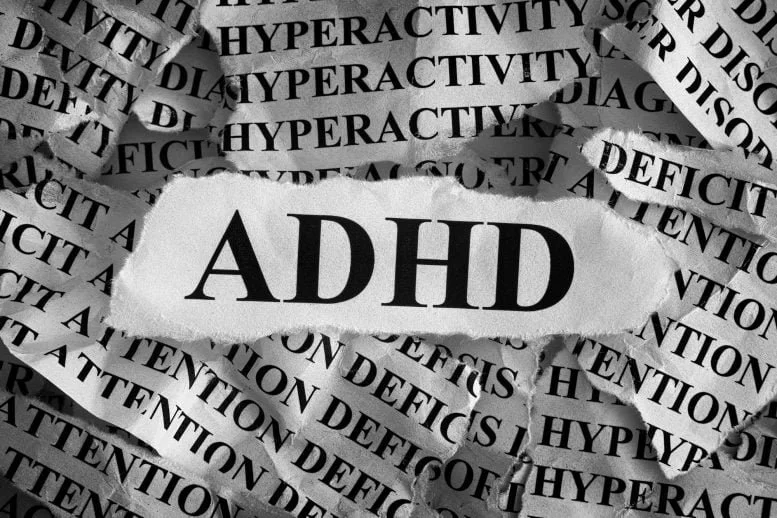







What to know about time blindness in ADHD
People with attention deficit hyperactivity disorder (ADHD) may have difficulty perceiving and managing time, which some individuals refer to as “time blindness.”
This means that they may find it challenging to estimate how long tasks will take and adhere to schedules, for example.
This article explores the link between time blindness and ADHD, signs of time blindness, and tips for coping with it.
Your Executive Functions Are Weak. Here’s Why.
ADHD and Executive Function Disorder (EFD) are tightly linked, but far from synonymous. They both make it exceedingly difficult to complete tasks and stay organized, but EFD impacts nearly all goal-directed behavior. How to tell the difference — and get it under control.

You Can’t Train Away ADHD Executive Dysfunction
But you can more consistently get things done by creating systems in your life that support these brain processes. Here, learn the secrets to more reliably turning intentions into actions.
10 Supplements and Vitamins for Brain Health
Can supplements — vitamins, minerals, and herbs — augment ADHD medication to help relieve
symptoms like inattention, memory, mood, and cognitive function? Find out what the research says here.

What Is Executive Function? 7 Deficits Tied to ADHD
What is executive function? The cognitive skills that help us plan, prioritize, and execute complex tasks are commonly tied to ADHD in children and adults. Here, ADHD authority Russell Barkley, Ph.D. explains how executive dysfunction originates in the ADHD brain and what these deficits typically look like.

31 Ways to Work Out the Kinks in Your Workout Plan
Two-thirds of adults with ADHD struggle to stick with an exercise routine, according to a recent ADDitude survey. Here, readers share common fitness hurdles — and creative, real-life exercise solutions.

10 Best Podcasts to Listen to If You Have ADHD
Podcasts aren't just great entertainment to listen to during your daily commute or while doing housework, they can also be a powerful learning tool. If you’ve been diagnosed with attention-deficit/hyperactivity disorder (ADHD) and you like podcasts, you might be pleasantly surprised to know that there are several great ADHD podcasts out there.

Does ADHD Get Worse With Age?
For some people with ADHD, there is a fear that symptoms will worsen with age. This is a valid concern, as research has shown that ADHD characteristics tend to persist into adulthood in over 80% of cases.1 However, it is also worth noting that many adults with ADHD find ways to manage their condition and live successful lives.

Benefits of Habit Stacking for ADHD
Starting a new habit (or changing an old one) isn't easy. Fortunately, there are things that you can do to make the process a little easier. Habit stacking is one kind of genius tactic that works wonders. It involves pairing the new habit you want to establish with one that you already have. By "stacking" them together, you create an association that makes it a little easier to make them stick.

Adult ADHD: Overdiagnosed? Or finally getting the attention it deserves?
15 million U.S. adults say they have a diagnosis of attention deficit hyperactivity disorder. But some experts worry that ADHD can be overhyped and that too few doctors are prepared to treat a condition that was long considered an issue only for kids.

ADHD in WomenADHD Symptoms, Treatment, and Support for Women
Attention deficit hyperactivity disorder (ADHD) can look different in adult women and adolescent girls, making it harder to diagnose. But there are ways to cope with symptoms and overcome the unique challenges.